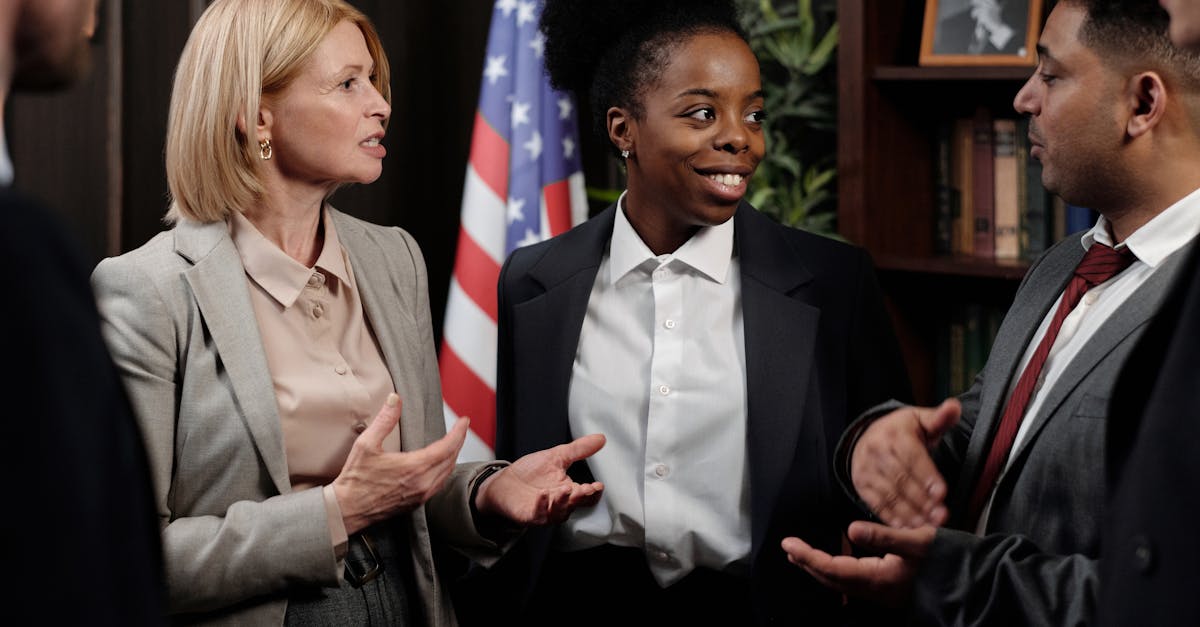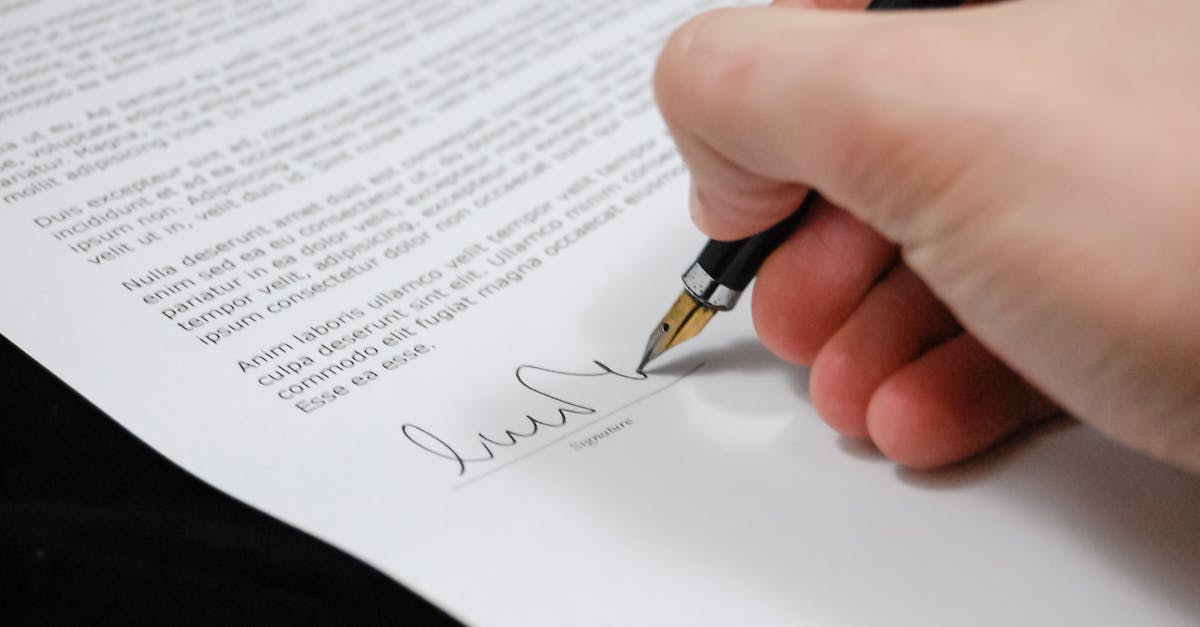
Factors Influencing Settlement Negotiation
Factors Influencing Settlement Negotiation
When considering the factors that influence settlement negotiation, it is vital to acknowledge the uniqueness of each situation. Every case presents its own set of circumstances, complexities, and stakeholders that play a significant role in the negotiation process. Negotiation of settlements in Arizona, for example, may be influenced by state-specific laws, cultural norms, and the legal landscape of the jurisdiction.
Additionally, the nature of the dispute, the parties involved, and the desired outcome all contribute to shaping the negotiation dynamics. Understanding the motivations and priorities of each party, as well as the strengths and weaknesses of their respective positions, can be essential in reaching a favorable settlement. Moreover, external factors such as time constraints, financial considerations, and the risk of litigation can also impact the negotiation process significantly.
Legal Precedent and Case Law
Understanding legal precedent and case law is crucial when entering into settlement negotiations. Legal precedent refers to previous court decisions that have established a rule or principle that must be followed in subsequent similar cases. This means that during the negotiation of settlements in Phoenix, Arizona, parties and their attorneys must be knowledgeable of past cases and the outcomes to assess the strength of their position and potential outcomes.
Case law, on the other hand, involves the body of legal interpretations made by judges when ruling on individual cases. These interpretations help in understanding how the law is applied in various scenarios and can guide parties during settlement negotiations. When navigating the negotiation of settlements in Phoenix, Arizona, familiarity with relevant case law can provide insights into how a judge might rule on a similar case, thereby influencing the negotiation strategy and possible settlement terms.
Common Mistakes to Avoid in Settlement Negotiation
Negotiation of settlements in Phoenix, Arizona can be complex and challenging, often requiring parties to navigate potential pitfalls. One common mistake to avoid in settlement negotiation is the lack of communication. Failing to clearly express needs, concerns, and expectations can lead to misunderstandings and hinder progress toward reaching an agreement. Parties should prioritize open and honest communication to ensure all parties' interests are adequately addressed.
Another critical mistake to steer clear of in settlement negotiation is having unrealistic expectations. Overestimating the strength of one's case or underestimating the other party's willingness to compromise can impede the negotiation process. It is vital for parties to approach settlement negotiation with a realistic understanding of their legal position and potential outcomes, allowing for more constructive and fruitful discussions.
Lack of Communication and Unrealistic Expectations
Lack of communication and unrealistic expectations can significantly impede the negotiation of settlements in Arizona. When parties involved fail to communicate effectively, misunderstandings can arise, leading to mistrust and hindering progress towards reaching a settlement agreement. Clear and open communication is vital in ensuring that all parties understand each other's perspectives, goals, and concerns.
Moreover, having unrealistic expectations can also derail the settlement negotiation process. It is crucial for all parties to approach the negotiation with a realistic mindset and understanding of the legal aspects involved. Unrealistic expectations can lead to difficulties in finding common ground and may result in a breakdown of negotiations. It is essential for all parties to set achievable goals and be willing to compromise in order to reach a mutually agreeable settlement.
Techniques for Successful Settlement Negotiation
Successful settlement negotiation requires a strategic approach to achieve optimal outcomes for all parties involved. Negotiation of settlements in Phoenix, Arizona involves employing techniques that can foster compromise and resolution. One key technique is active listening, where parties carefully listen to each other's perspectives and concerns without interruption. By actively listening, negotiators can gain valuable insights that may lead to mutually beneficial agreements.
Another effective technique is problem solving, which involves collaboratively identifying and addressing the underlying issues at hand. By focusing on problem-solving rather than assigning blame, parties can work together to find creative solutions that meet everyone's needs. This approach can help foster a cooperative environment and pave the way for successful settlement negotiations.
Active Listening and Problem Solving
Active listening is a crucial skill in the negotiation of settlements in Phoenix, Arizona. It involves not only hearing what the other party is saying but also understanding their perspective and emotions. By actively listening, negotiators can demonstrate empathy and respect, which can help build trust and foster a more cooperative atmosphere. This, in turn, can lead to more constructive discussions and potentially favorable outcomes for all parties involved.
Problem-solving is another essential aspect of successful settlement negotiation. Instead of focusing solely on positions or demands, negotiators should work together to identify underlying interests and collaboratively find solutions that meet the needs of both sides. By approaching negotiations with a problem-solving mindset, parties can explore creative options and trade-offs that may not have been initially apparent. This approach can facilitate the resolution of disputes in a more amicable and mutually beneficial manner.
FAQS
What is a settlement negotiation?
Settlement negotiation is a process where parties involved in a legal dispute try to reach a mutually acceptable agreement outside of court. It involves discussions, concessions, and compromises to resolve the issue.
What factors can influence settlement negotiation?
Factors influencing settlement negotiation can include the strength of each party's case, the costs and risks of going to trial, the willingness to compromise, and the personalities of the individuals involved.
What role does legal precedent and case law play in settlement negotiation?
Legal precedent and case law can influence settlement negotiation by providing guidance on how similar cases have been resolved in the past. Parties may use this information to assess the potential outcomes of their own case.
What are common mistakes to avoid in settlement negotiation?
Common mistakes to avoid in settlement negotiation include lack of communication, unrealistic expectations, failure to consider all options, and making decisions based on emotions rather than facts.
What techniques can lead to successful settlement negotiation?
Techniques for successful settlement negotiation include active listening, problem-solving, exploring multiple solutions, maintaining a respectful attitude, and seeking the guidance of experienced legal professionals.







